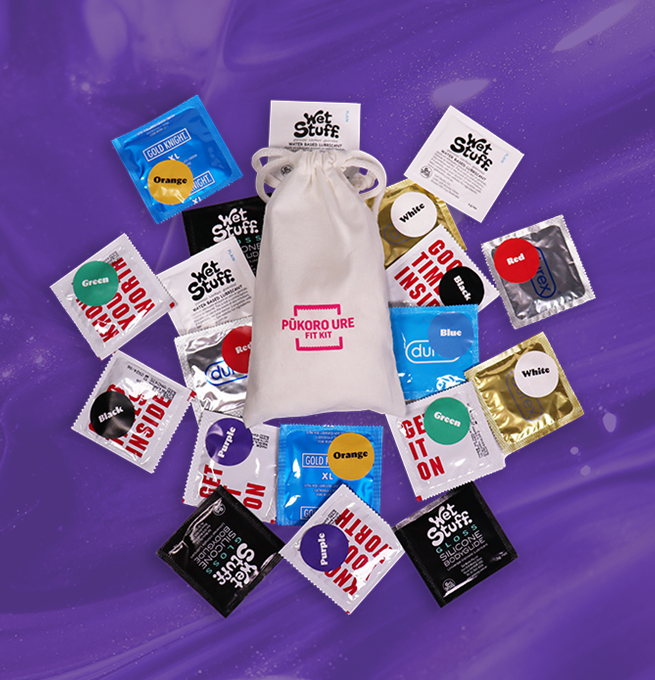Use this page to find out about STIs and their symptoms so you can recognise them early and get tested.
Burnett Foundation offers self STI testing kits and STI & HIV testing in our three centres across Aotearoa - click here to find your closest testing place. Please remember that if you are already displaying STI symptoms, we won't be able to test you and must refer on to Sexual Health Services or your regular clinic to be tested and connected to treatment.
Sexual Health Services offer full STI screening services and can connect you to treatment immediately.
You can also request STI screenings with your personal GP.




